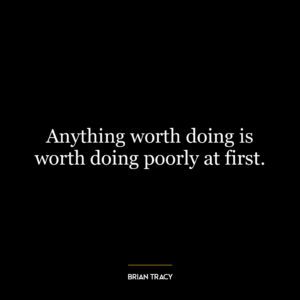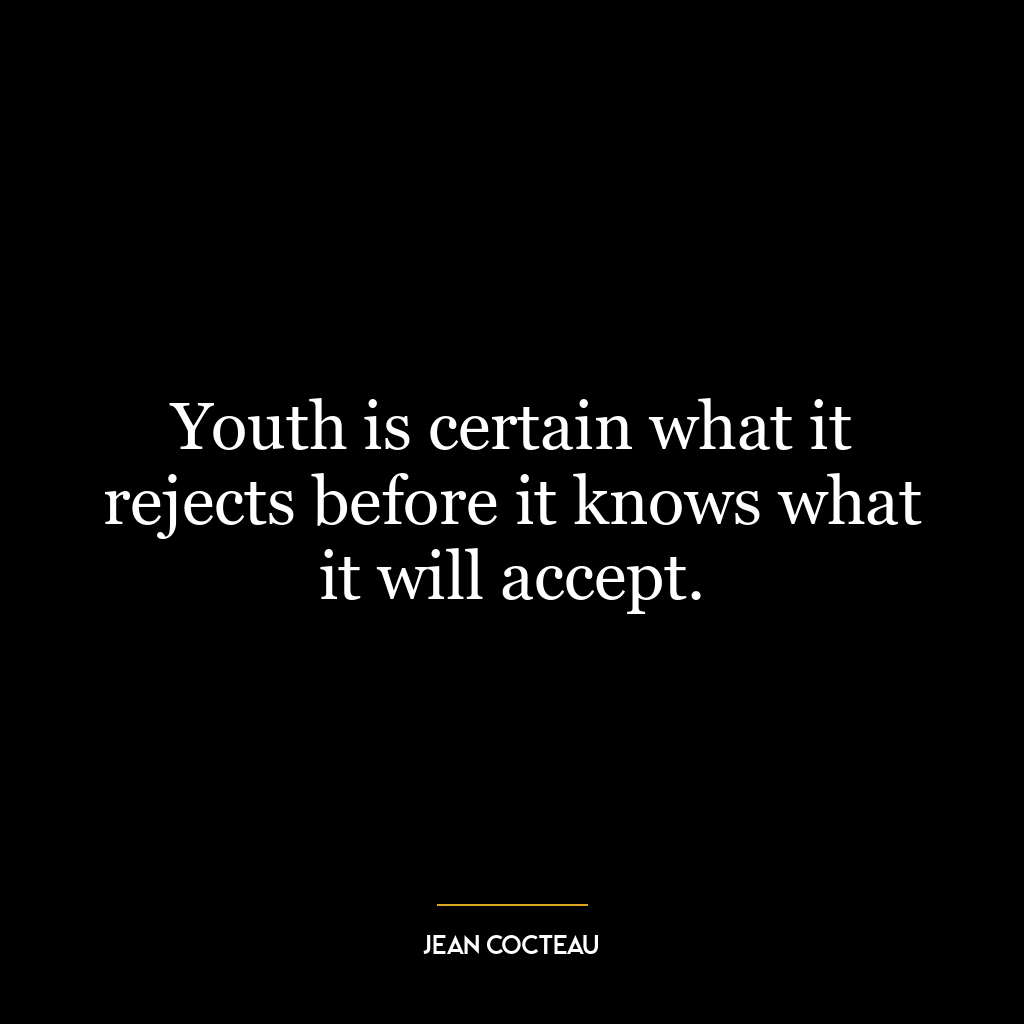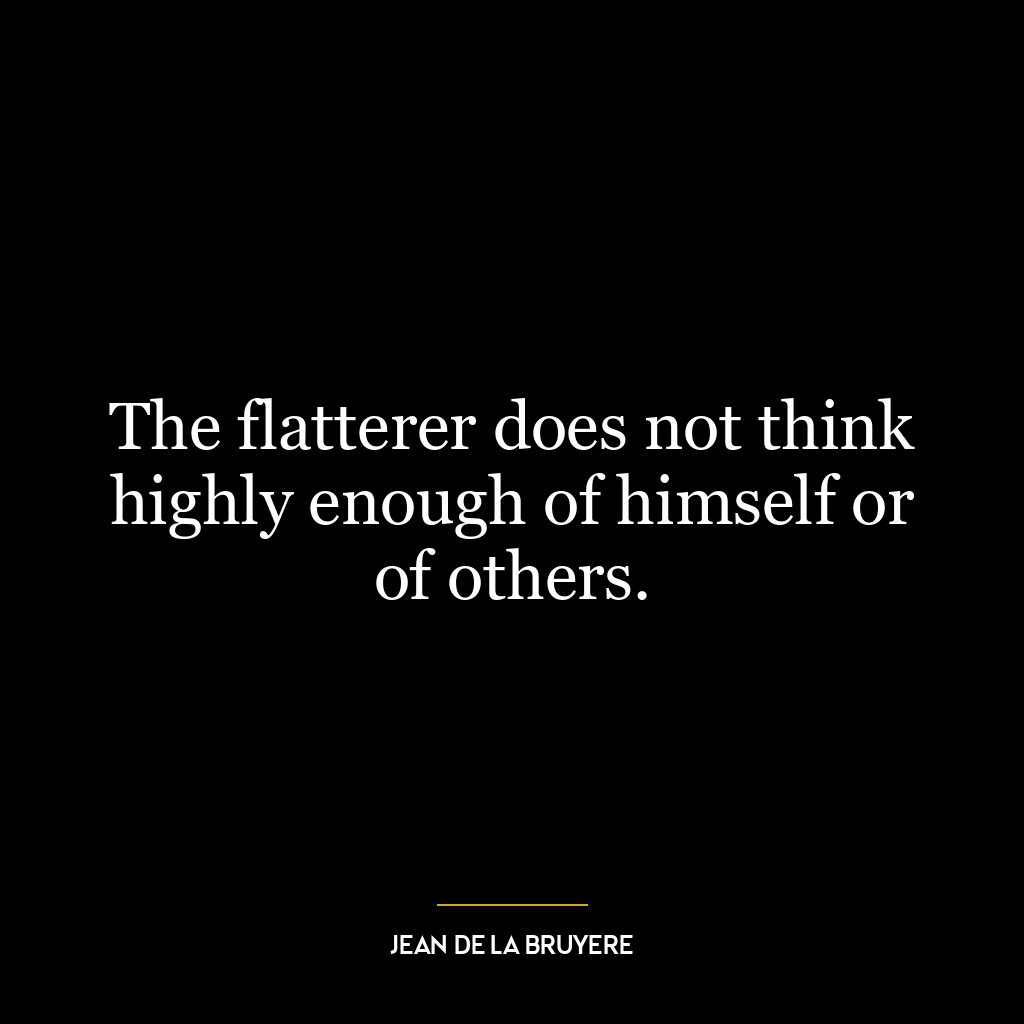This quote underlines the concept of emotional independence and self-worth. It suggests that if one’s self-esteem is heavily impacted by rejection, then they are essentially allowing others to control their emotional well-being. In simpler terms, if you let rejection crush your sense of self-worth, you’re giving other people the power to dictate your emotional state, making you an “emotional hostage.”
The term “emotional hostage” is used metaphorically to illustrate a situation where one’s emotions are controlled or held captive by others. It suggests a lack of autonomy over one’s feelings, leading to an unhealthy dependence on external validation or approval.
In the context of today’s world, this quote is particularly relevant. We live in an era where social media platforms thrive on likes, shares, and comments – a constant stream of external validation. It’s easy to fall into the trap of equating our self-worth with the number of likes or followers we have. This quote serves as a reminder that our self-esteem should not be so fragile as to be shattered by rejection or lack of approval from others.
In terms of personal development, this quote can be a crucial lesson. It encourages individuals to develop resilience and emotional independence. To grow and evolve as individuals, it’s essential to learn how to handle rejection and criticism without letting it undermine our self-esteem. It’s about understanding that rejection is a part of life and doesn’t define our worth or potential.
In essence, the quote is a call to action for individuals to take control of their emotional well-being, to not let their self-esteem be governed by the fear of rejection, and to cultivate resilience and emotional autonomy.









